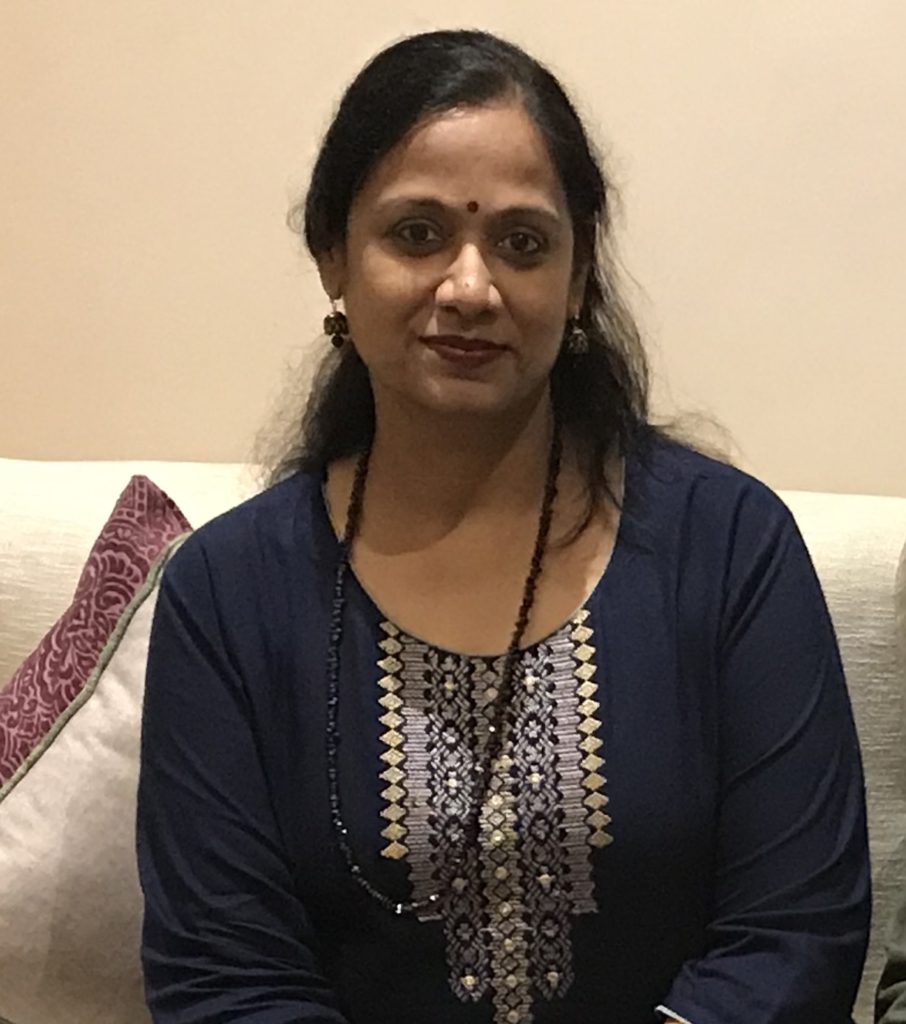diploma course
Course Attendees
Still no participant
Course Reviews
Still no reviews
Course Name : Quantum Physics
Code(Credit) : ABC01(2-2-0)
Course Description
1. Write a short description of the course content, type of course (Theory/Theory+practice etc.)
2.Eligibility:
3. Prerequisite:
4. Duration of the course: Mention - how many hours per week, practice is to be done in campus or online.
5. Key highlights: ( like - faculty, certificate to be given from university, any job opportunity, any contact with industry person etc.)
For Diploma courses, the number 1,2 & 3 of the above will be for the whole course and number 4 and 5, will be for individual courses.
Course Objectives
- Learn methods to solve Schrodinger’s equation by WKB method, Variational method and perturbation method.
- Learn Practical application of these methods to real time problems.
- Learn to apply these methods to solve several problems.
Learning Outcomes
On completion of this course students will be able to
- Solve Schrodinger's equation for different systems using WKB method, Variational method and perturbation method.
- Develop Python code to solve Schrodinger's equation and find energy eigen values
Course Syllabus
Module-I
Time independent Perturbation Theory: Energy shifts and perturbed eigen states, nondegenrate and degenerate perturbation theory, spin orbit coupling
Practice 1:
- Develop solution for shifting and splitting of spectral lines of atoms - Stark effect.
Module-II
Pictures of quantum mechanics: The Schrodinger picture, Heisenberg picture, the interaction picture.
Variational methods: General formalism, ground state of one-dimensional harmonic oscillator, first excited state of one-dimensional harmonic oscillator,
Practice 2:
- Find out the energy of ground state and first excited states of harmonic oscillator
Module-III
WKB Approximation: General formalism, validity of WKB approximation method, bound states for potential wells with no rigid walls.
Practice 3:
- Find out the energy of particle in bound states for potential wells with one rigid wall.
Module-IV
Time dependent perturbation theory: Introduction, transition probability, transition probability for constant perturbation, transition probability for harmonic perturbation, adiabatic approximations, sudden approximations.
Practice 4:
- Calculate the transition probability rate for an excited electron that is excited by a photon from the valence band to the conduction band in a direct band-gap semiconductor by using Fermi golden rule.
Module-V
Applications of time dependent perturbation theory: Interaction of atoms with radiation, classical treatment of incident radiation, transition rates for absorption and emission of radiation,
Practice 5: (Any one)
- Light absorption and emission - mathematical formulation using electric dipole radiation
- The quantum mechanical selection rules for electric dipole transitions
- Find out expression for transition rates within the dipole approximation
Textbook:
- Advanced Quantum Mechanics by Satyaprakash, S Chand Publications
Reference Books:
- Quantum Mechanics: Concepts and Applications by Nouredine Zettili
- Introduction to Quantum Mechanics, D J Griffith, Pearson, 2014.
- Modern Quantum Mechanics, J.J. Sakurai, Pearson.
Session Plan
Session 1
Time dependent perturbation theory, energy shifts and perturbed eigen states.
Add here the video link.
Add here the pdf/ppt link.
Session 2
Perturbation theory, nondegenrate and degenerate perturbation theory.
Add the video link.
Add the pdf/ppt link.
Session 3
Spin orbit coupling.
Add the video link.
Add the pdf/ppt link.
Session 4
Normal and anomalous Zeeman Effect - explanation, complete derivation.
Add the video link.
Add the pdf/ppt link.
Session 5
Practice 1: (2 hours)
- Develop theoretical solution for shifting and splitting of spectral lines of atoms - The Stark effect
Add the video link.
Add the pdf/ppt link.
Session 6
Assessment 1:
One hour online assignment. (Mention the portion and type of assignment. If nothing is decided you can write will be declared by the faculty.)
Session 7
Perturbation theory, nondegenrate and degenerate perturbation theory.
Add the video link.
Add the pdf/ppt link.
Session 8
Perturbation theory, nondegenrate and degenerate perturbation theory.
Add the video link.
Add the pdf/ppt link.
Case Studies
Case Studies
Our Main Teachers

Dr. Padmaja Patnaik
Associate Professor in School of Applied Sciences, Department of Physics
VIEW PROFILEDr. Padmaja Patnaik has done her PhD in Physics from IITB, Mumbai under the guidance of Dr Gautam Mukhopadhya and Dr Prabhakar P Singh of IITB, Mumbai. She focuses on the application of theory behind many scientific research and applications in the field of Physics and Material Science to solve modern day problems and foster […]


Recent Comments